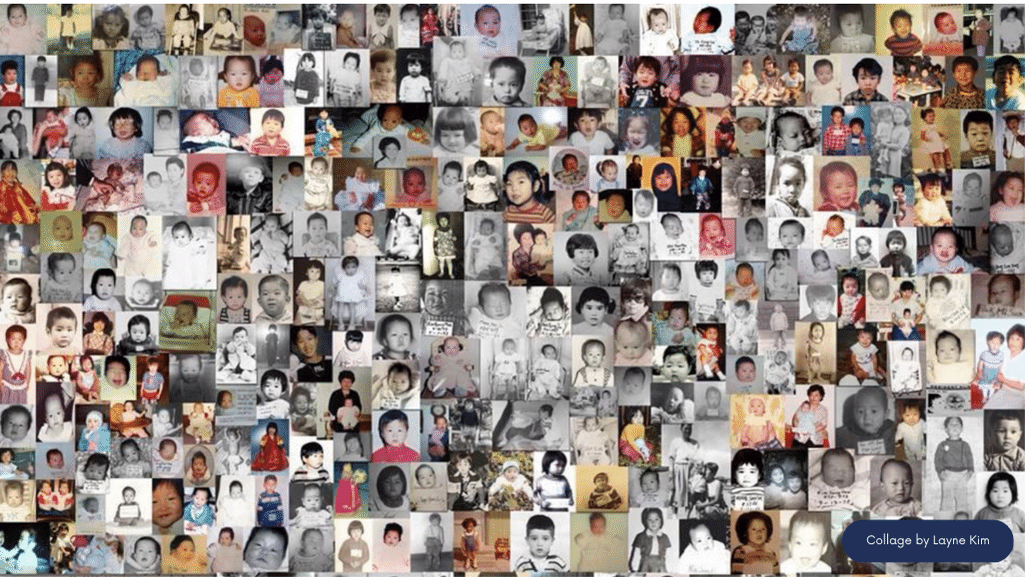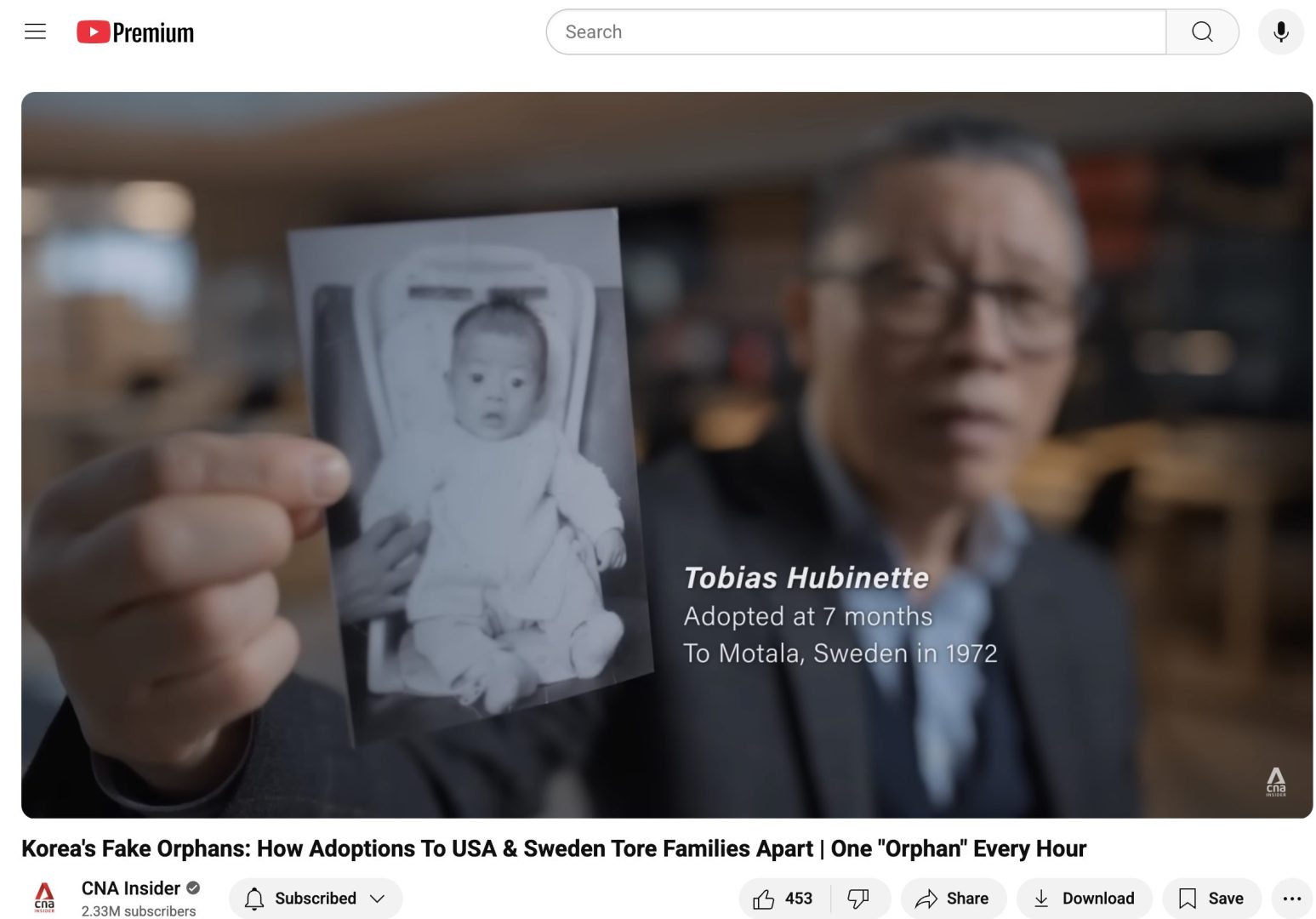Media Contact: Info@AdoptionHistory.org
About Corrupt Adoptions from Kenya
Important Facts on Adoption Trafficking Intersecting with International Adoption
Justice Imaana Laibuta highlights that the Children Act 2022 introduces stringent measures to counteract adoption trafficking, which became a significant problem under previous laws:
- Children as a Commodity: The Justice noted that prior to the new act, children had become a “commodity” or “hot cakes,” where individuals could buy a child in an informal settlement for a small sum (around 60K KES) and take them abroad [25:47].
- Trafficking Consequences: This unregulated system led to children being “sold into slavery,” “prostitution,” or forced into becoming “domestic servants” overseas [26:08].
- Mandatory Tracking System: The new law was designed to process adoption “stringently” and establish a system to track the child’s entire journey, ensuring all proceedings are legitimate and are not a “sale or patches of children” [26:34]. This tracking is required for both domestic and inter-country adoption [26:59].
- Inter-Country Adoption as Last Resort: While international law allows for inter-country adoption, the new Kenyan law explicitly designates it as a “measure of last resort.” The priority is domestic adoption to keep children within a familiar cultural and social environment [29:56].
- Tracking Until Adulthood: The new framework ensures that for any inter-country adoption, the authorities are able to “track where that child goes, the conditions under which that child leaves until that child attains adulthood” [27:40].



